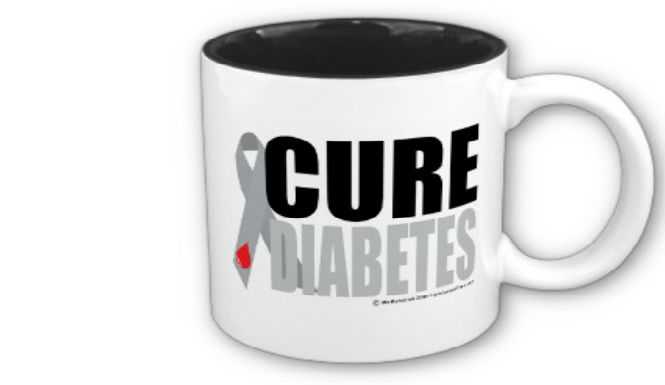To mark World Diabetes Day, the Institute for Scientific Information on Coffee (ISIC) has published its annual diabetes report outlining the latest research on coffee and type 2 diabetes.
More than 380 million people worldwide have diabetes, with an economic burden of $548 billion, making it one of the most significant global health problems.
The research round up report concludes that regular, moderate consumption of coffee may decrease an individual’s risk of developing type 2 diabetes. Key research findings include:
- Epidemiological evidence shows that drinking three to four cups of coffee per day is associated with an approximate 25% lower risk of developing type 2 diabetes, compared to consuming none to less than two cups per day.
- Research has also suggested an inverse (i.e. favourable) association, with each additional cup of coffee reducing the relative risk of developing type 2 diabetes by 7-8 per cent.
- Research indicates that caffeine is unlikely to be responsible for this effect. A recent meta-analysis suggested that consumption of both caffeinated and decaffeinated coffee is associated with a lower risk of type 2 diabetes.
- Recent work suggests that the type of coffee may also affect the strength of the inverse (i.e. favourable) association, with filtered coffee exhibiting a greater protective effect than boiled coffee, and decaffeinated coffee exhibiting a greater protective effect than caffeinated coffee.
The Coffee and Health Diabetes Report is in its third edition. The report was first produced following a symposium at the World Congress on Prevention of Diabetes, held in 2012.
Each year, the report is updated to include new published studies which add to the body of research in this field.
Further information on coffee and diabetes can be found on the Coffee and Health website: http://www.coffeeandhealth.org.
References
International Diabetes Federation (2013) Diabetes Atlas, 6th Edition.
Huxley R. et al. (2009) Coffee, Decaffeinated Coffee, and Tea Consumption in Relation to Incident Type 2 Diabetes Mellitus. Arch Intern Med, 169:2053-63.
Zhang Y. et al. (2011) Coffee consumption and the incidence of type 2 diabetes in men and women with normal glucose tolerance: The Strong Heart Study. Nutr Metab Cardiovasc Dis. 21(6):418-23.
Jiang X. et al. (2014) Coffee and caffeine intake and incidence of type-2 diabetes mellitus: a meta-analysis of prospective studies. European Journal of Nutrition, 53(1):25-38.
Muley A. et al. (2012) Coffee to reduce risk of type-2 diabetes?: a systematic review. Current Diabetes Reviews. 8:162-8.
About ISIC
The Institute for Scientific Information on Coffee (ISIC) is a not-for-profit organization, established in 1990 and devoted to the study and disclosure of science related to “coffee and health.”
Since 2003 ISIC also supports a pan-European education programme, working in partnership with national coffee associations in nine countries to convey current scientific knowledge on “coffee and health” to healthcare professionals.
ISIC’s activities are focused on:
- the study of scientific matters related to “coffee and health”
- the collection and evaluation of studies and scientific information about “coffee and health”
- the support of independent scientific research on “coffee and health”
- active dissemination of balanced “coffee and health” scientific evidence and knowledge to a broad range of stakeholders.
ISIC respects scientific research ethics in all its activities. ISIC’s communications are based on sound science and rely on evidence and scientific studies derived from peer-reviewed scientific journals and other publications.
ISIC members are seven of the major European coffee companies: illycaffè, Mondelēz International, Lavazza, Nestlé, Paulig, DE Master Blenders 1753 and Tchibo.


















